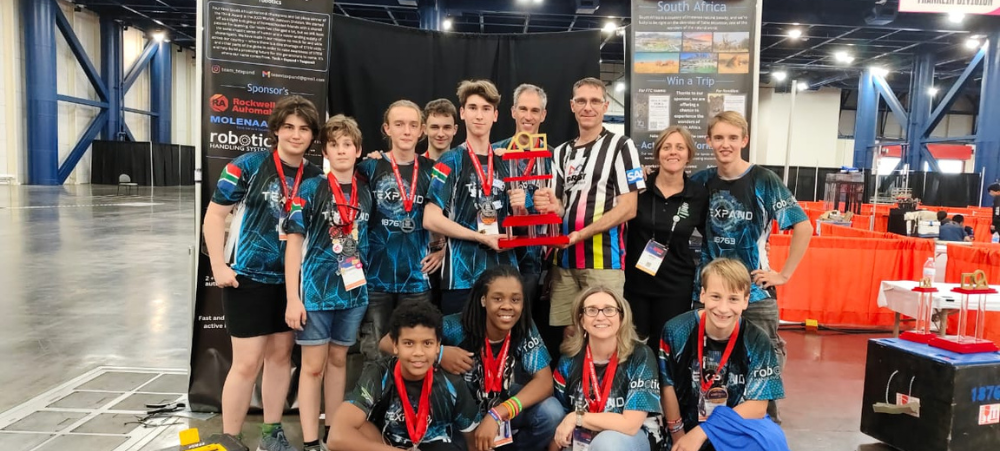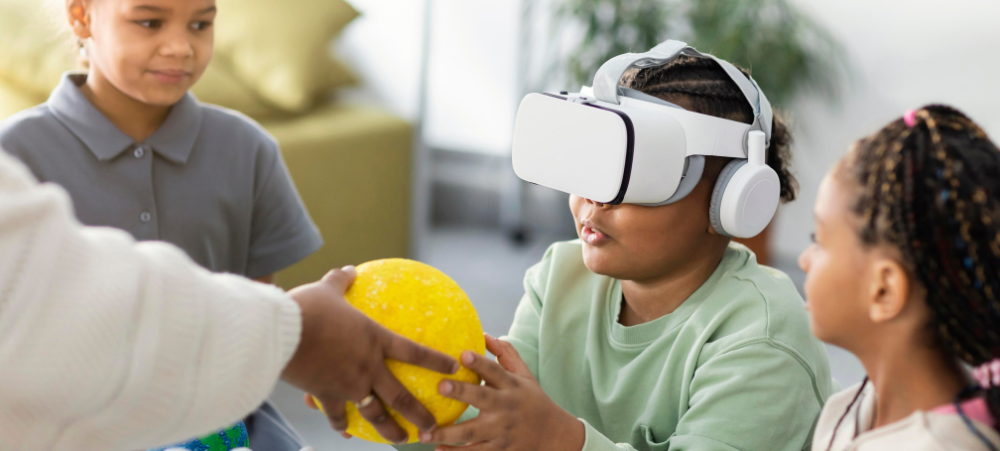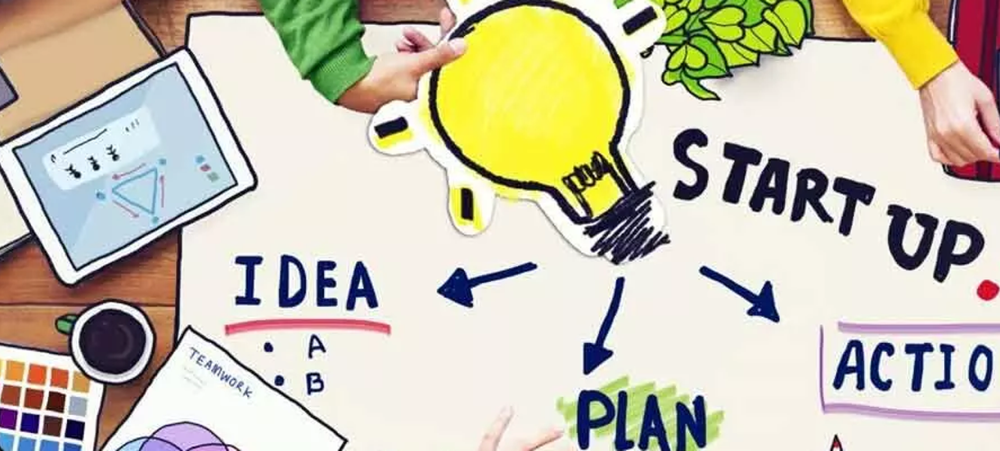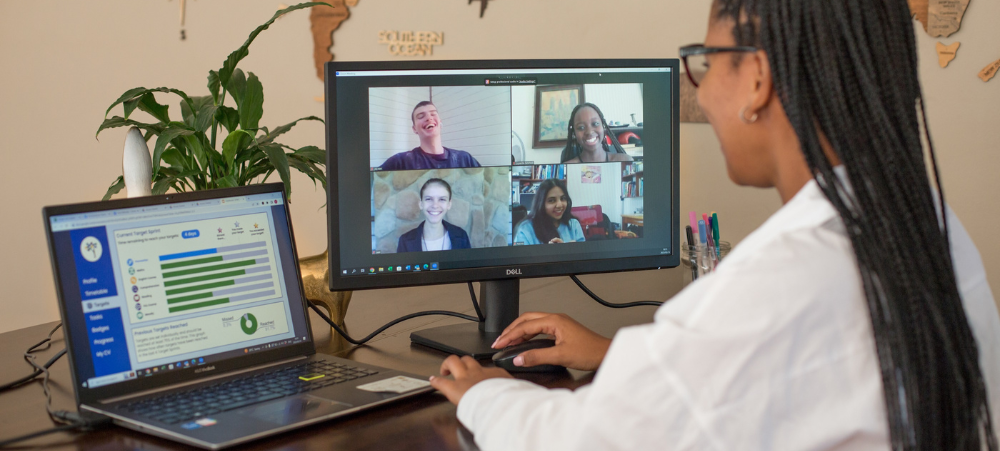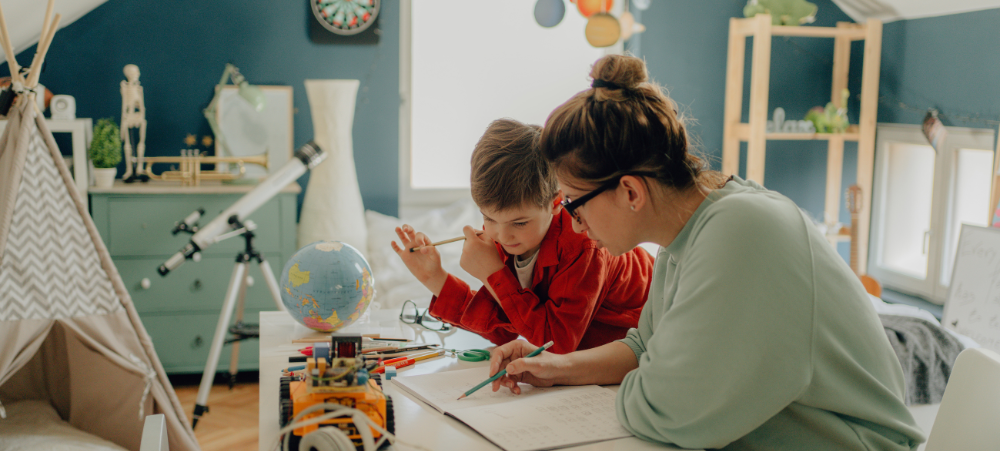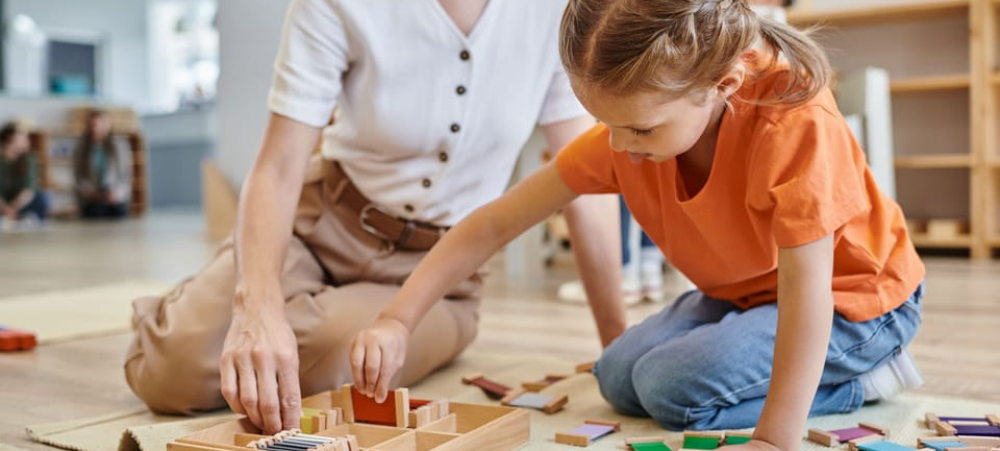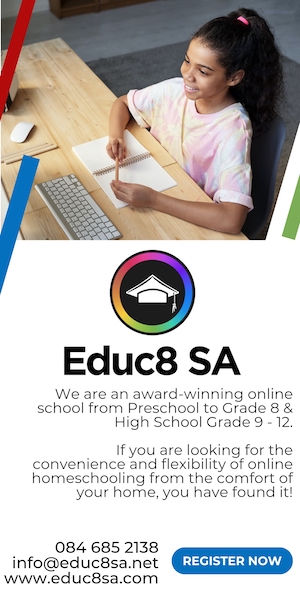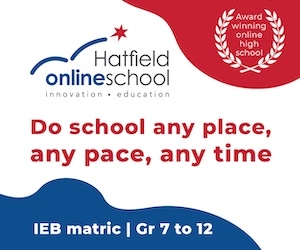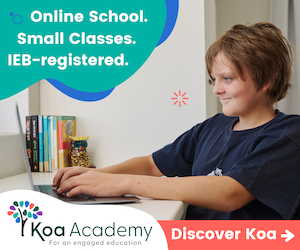
How to Set Up Your Home Environment to Maximise Online Learning with Educ8 SA
Welcome to Educ8 SA, your ultimate guide to setting up your home environment for optimal online learning. In today’s fast-paced digital world, the way we access and acquire knowledge has drastically evolved. With the rise of online learning, it’s vital to create a space that fosters productivity and engagement. In this article, we will share essential tips and strategies to help you transform your home into an effective learning zone. We understand the challenges that come with remote education, from distractions to maintaining focus. That’s why our expert team at Educ8 SA has curated this comprehensive guide to help you overcome these hurdles. Through carefully curated keyword research and a deep understanding of our audience’s needs, we have crafted this article with your success in mind. Whether you are a student, a parent, or an aspiring online learner, our tips and tricks will enable you to create an environment conducive to enhanced productivity. The Importance of a Conducive Home Environment for Online Learning A conducive home environment plays a significant role in your online learning journey. It sets the foundation for your success and ensures that you have the necessary tools and resources to thrive. Here are a few reasons why creating an optimised learning space is crucial: Eliminates Distractions: By designating a specific area for studying, you can minimise interruptions and distractions that may hinder your focus and concentration. This dedicated space helps create a clear boundary between your personal and academic life, allowing you to immerse yourself fully in your online learning environment. Fosters Productivity: A well organised and clutter-free study area promotes productivity. When everything is in its place, you can quickly locate materials and resources, saving valuable time and energy. This efficiency allows you to stay on track with your coursework and complete tasks more effectively. Creates a Learning Mindset: By setting up a dedicated study space, you condition your mind to associate that area with focused learning. This association helps establish a routine and primes your brain to be in a state of readiness for absorbing knowledge and engaging in online learning activities. Creating an environment that supports and enhances your online learning experience starts with the physical space you choose to study in. Let’s delve into some practical tips for creating a dedicated study space. Creating a Dedicated Study Space When it comes to online learning, having a designated area for studying is essential. This space should be comfortable, well-lit, and free from distractions. Here are some key considerations for setting up your dedicated study space: Choose the Right Location: Select a quiet area in your home where you can concentrate without interruptions. Ideally, this space should be separate from high-traffic areas and away from distractions like the TV or socialising family members. A spare room, corner of a bedroom, or even a well organised closet can serve as an excellent study area. Invest in a Comfortable Desk and Chair: Your study area should have a comfortable desk and chair that promote good posture and reduce the risk of physical discomfort. Ensure that the desk is spacious enough to accommodate your study materials, laptop, and any additional devices you may need. Also, opt for an ergonomic chair that provides proper support for your back. Let There Be Light: Adequate lighting is crucial for maintaining focus and reducing eye strain. Position your study area near a window to benefit from natural light during the daytime. Additionally, invest in a good desk lamp to provide ample illumination during the evenings or in areas with limited natural light. By following these tips, you can create a conducive study space that sets the stage for effective online learning. Now that you have your dedicated study area ready, let’s explore how to organise your study materials and resources. Organising Study Materials and Resources Efficient organisation of study materials and resources is key to maximising your online learning experience. When everything is neatly arranged and easily accessible, you can save valuable time and stay focused. Here’s how you can effectively organise your study materials: Sort and Categorise: Start by sorting your study materials into different categories, such as textbooks, notebooks, and reference materials. This categorisation will help you identify what you have and what you may need to acquire. Consider using labeled folders, magazine holders, or file organisers to keep everything in its place. Create a Digital Library: In addition to physical materials, online learning often involves digital resources. Create a well organised digital library on your computer or cloud storage platform. Use folders and subfolders to categorise your e-books, lecture notes, and other digital study materials. Utilise Stationery Organisers: Keep your pens, pencils, highlighters, and other stationery items organised and within reach. Utilise desk organisers, pencil cups, or drawer dividers to ensure that your writing tools are easily accessible whenever you need them. By implementing these organisation strategies, you can streamline your study process and eliminate the frustration of hunting for misplaced materials. Now that your study materials are in order, let’s move on to ensuring a reliable internet connection. Setting Up a Reliable Internet Connection A stable and reliable internet connection is paramount for successful online learning. The last thing you want is to encounter frequent connectivity issues or slow speeds that hinder your progress. Follow these tips to ensure a smooth online learning experience: Check Your Internet Speed: Use online tools to check your internet speed and ensure it meets the requirements for your online learning platform. If your speed falls short, consider upgrading your internet plan or troubleshooting any network issues. Position Your Router Strategically: Place your Wi-Fi router in a central location within your home to ensure a strong and consistent signal throughout your study area. Avoid placing it near objects that may interfere with the signal, such as microwaves or cordless phones. Invest in a Wi-Fi Extender: If you have a large home or face signal issues in certain areas, consider investing in a Wi-Fi extender. These devices amplify your Wi-Fi signal, ensuring coverage in every corner of your study












